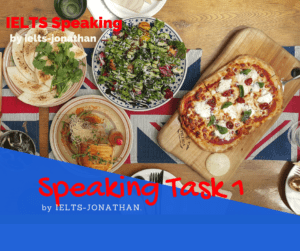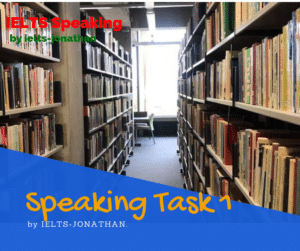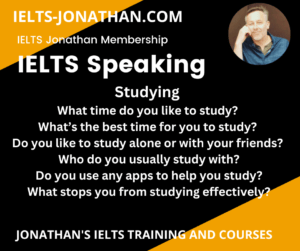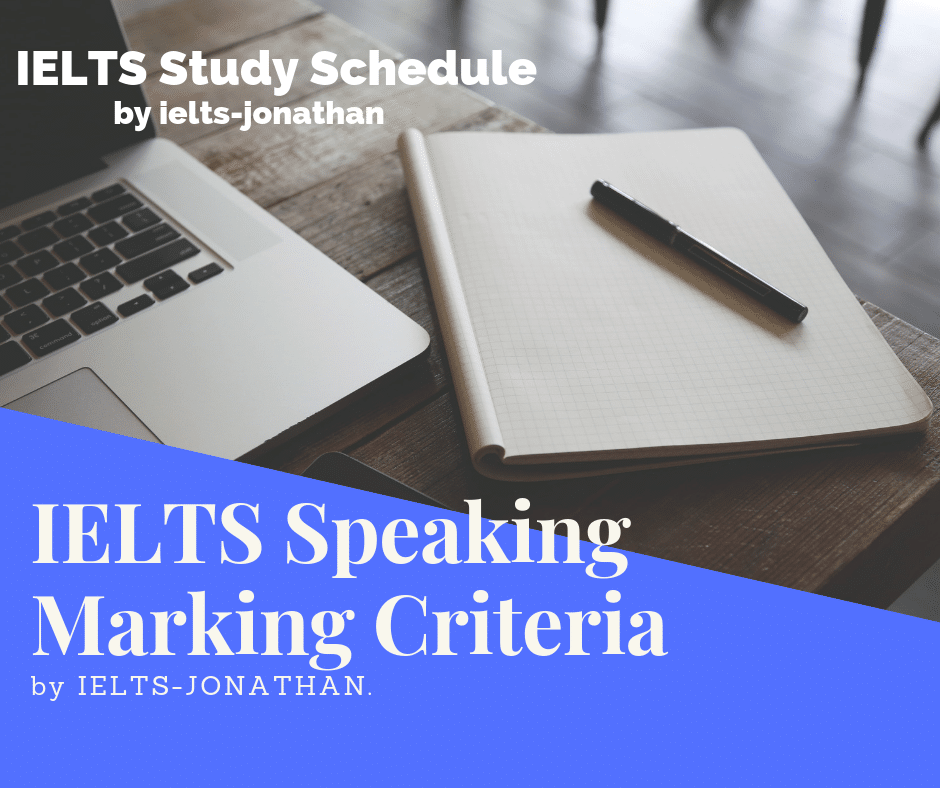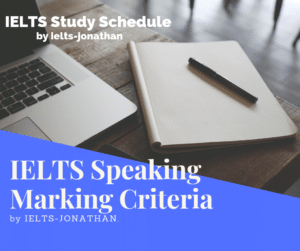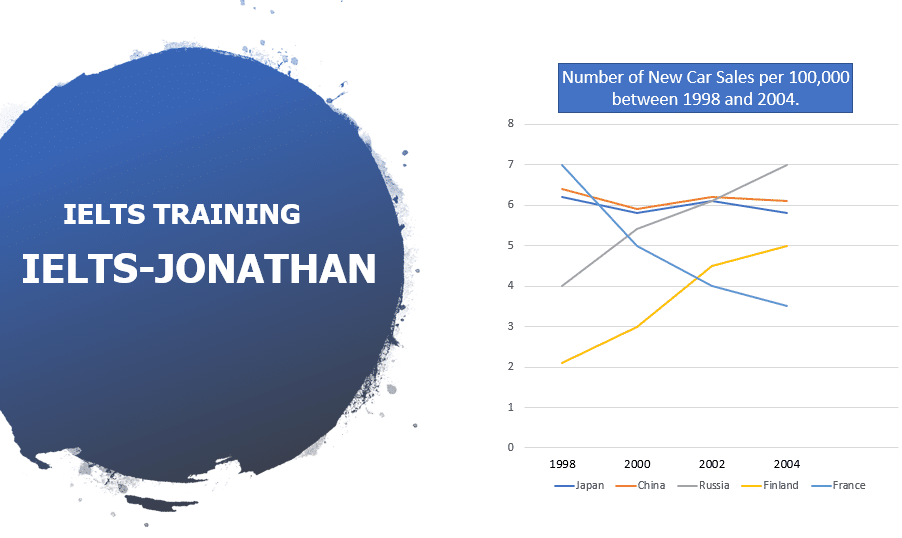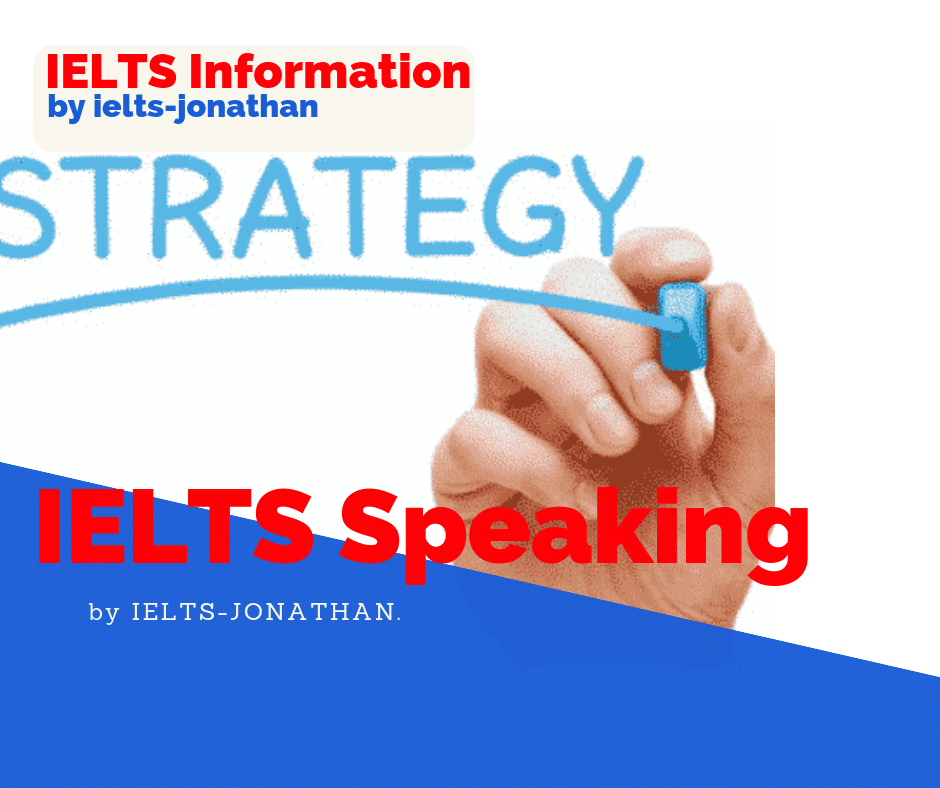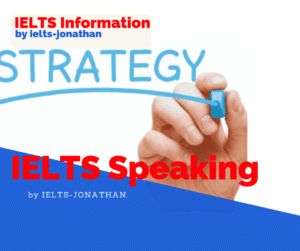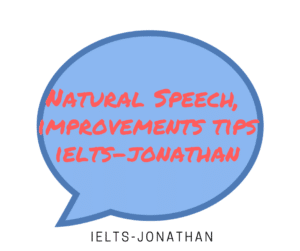The topic of Foreign Food in IELTS speaking Part 1
For many people, the first part of the IELTS Speaking test can be the most stressful and where the most mistakes are made.
Not only are you in a test situation, but you have the stress of meeting the examiner, who you don’t know, who may speak with an unfamiliar accent or at some speed.
But don’t worry, it can also be the easiest part, and the most enjoyable of the IELTS speaking test if you know a few key points.
There is a valid reason for this part of the IELTS test, and I will explain this below.
One reason for Part 1 is to ease the candidate into the test, and allow the candidate to tune into the voice of the examiner.
In general the examiner and these questions are there to help you. 🙂
The three sets of questions are not particularly challenging, but are varied in topic and allow the candidate to ‘warm up‘ and ‘gain confidence‘ and additionally give the examiner ‘a feel‘ to immediate level.
Advice on Part 1 IELTS Speaking
One way to do well in this section is to relax.
A relaxed candidate always listens better and responds well.
Other tips are
- Don’t give the examiner an opportunity to ask ‘why’. Always try to give a reason
- Connect your sentences, when you can
- Attempt to use complex sentences rather than short, simply ones
- Don’t hesitate too much
- It’s okay to make some mistakes, that’s natural
and
- Don’t be afraid to correct yourself
If you don’t understand something, always ask the examiner to repeat the question.
Foreign Food as an IELTS Speaking Topic
Think about these examiner prompts.
What answer would you give to these questions?
- Have you ever tried foreign food?
- Do you like to try new food?
- What kinds of new food have you tried recently?
- What kinds of foreign food are popular in your country?
- Do you like any food from the countries near your country?
IELTS Part 1 features three random topics chosen by the examiner.
There is a around a minute of speaking time allowed for each section of part 1, so if you can answer the question fully AND extend it, you will get asked fewer questions!
- Have you ever tried foreign food?
Yes, I love trying foreign food. When I went to the USA, I was there for a long stay and so I was able to try all sorts of American food, especially hamburgers, sandwiches, as well as meatballs and Italian food in New York. I also love Japanese cuisine a lot.
- Do you like to try new food?
Yes, when I visit a new place I always try to seek out local food, especially street food. Many people eat what they are used to when they travel, like Mac Donalds or KFC, or go to a Chinese restaurant. Maybe because it’s a kind of comfort food, but I really try to experience a lot of new things. It gets you closer to the real lifestyle of that country.
- What kinds of new food have you tried recently?
Well, I recently tried oysters served with lemon and white wine, it was really delicious. I’ve also tried pineapple on an American pizza, I didn’t really like that so much. It was a strange combination.
- What kinds of foreign food are popular in your country?
In my country, Japanese food like Sushi and Sashimi are becoming more popular, as well as being very healthy in general. Many people also like Korean BBQ. It’s also now common to see more and more western fast food chains appearing near shopping centres, like Burger King an KFC, as well as coffee shops like Starbucks. I prefer the healthier food though so I tend to avoid these places.
- Do you like any food from the countries near your country?
Well, foreign food is becoming more accessible in my country, especially Japanese food because it is seen as being fresh and generally healthy. I like most foods from the countries that surround China, as I said, Korean food is popular, and it’s very different to Japanese.
I’m Jonathan
I’ve taught IELTS and University English in more than a dozen universities and schools around the world.
I’m a parent, traveller and passionate about language teaching and helping students achieve their dreams.
Whilst living in Austria or working in Asia, I run IELTS courses to help students get to where they want to be.
If you are serious about IELTS, connect with me to see how I can help you.


